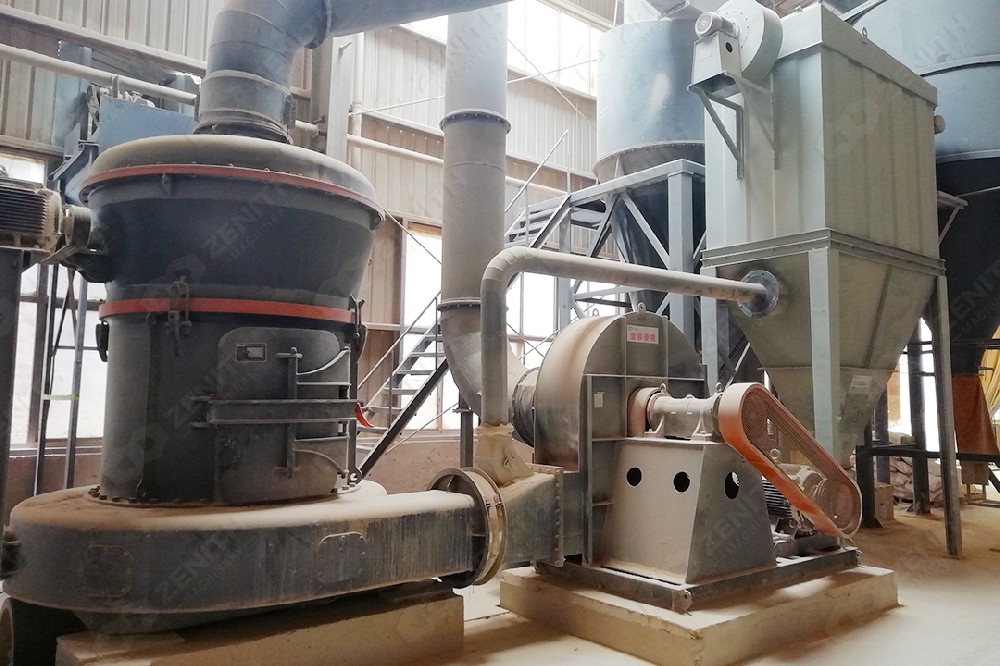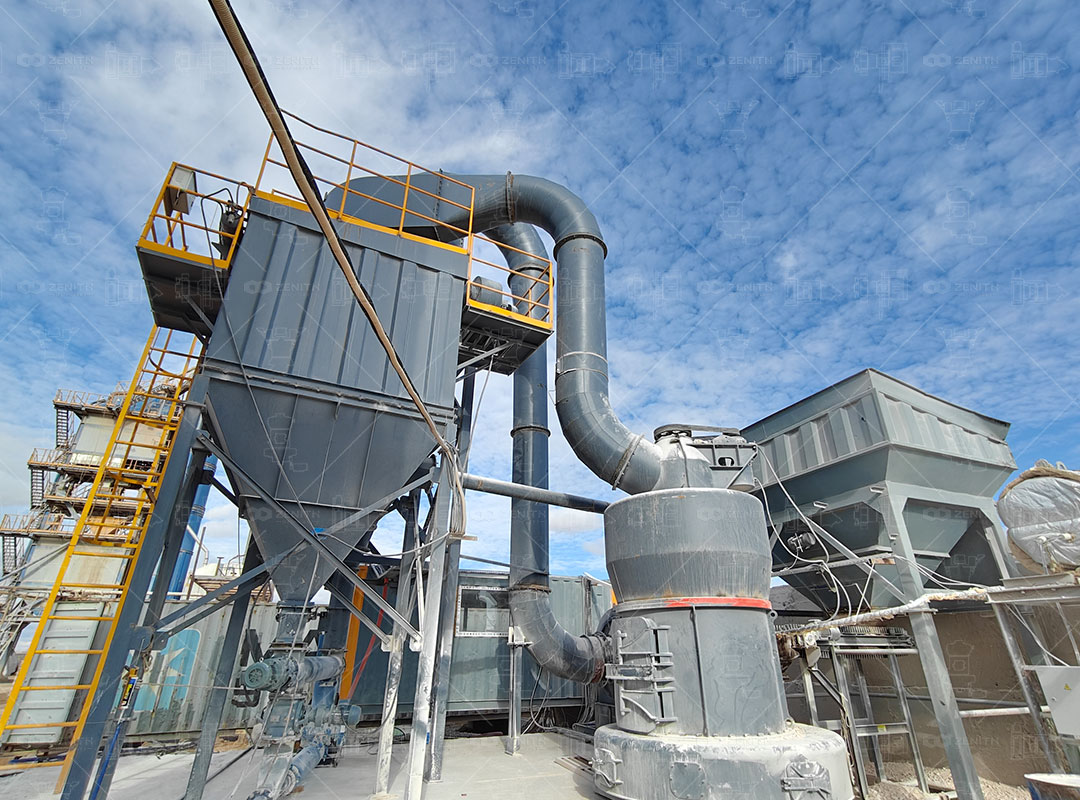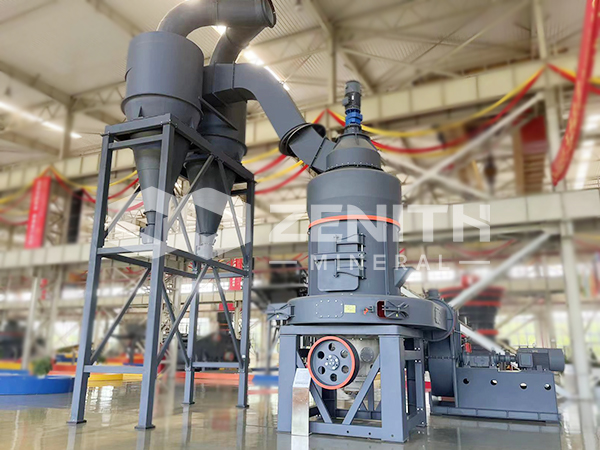Complete equipment for rare earth waste neodymium iron boron powder production
2025-10-17 13:17:26
Of course. Here is a detailed overview of a complete powder production line for rare earth waste (specifically NdFeB magnets) in English, suitable for technical inquiries and business communication.
---
### **Complete Powder Manufacturing Equipment Line for NdFeB (Neodymium) Rare Earth Waste**
This configuration is designed for recycling and processing NdFeB magnet scrap, swarf, and end-of-life products to produce high-quality, fine NdFeB powder for the manufacture of new sintered magnets.
**Core Objective:** To transform solid NdFeB waste into fine, uniform, and highly pure powder with controlled particle size distribution and minimal oxidation.
#### **1. Complete Production Line Flowchart**

The entire process is highly controlled and often conducted in an inert atmosphere to prevent oxidation. The following chart outlines the key stages:
```mflowchart
flowchart TD
A[NdFeB Waste Scrap] --> B[Hydrogen Decrepitation<br>HD Reactor]
B --> C[Jaw Crusher<br>Coarse Crushing]
C --> D[Jet Mill<br>Fine & Final Grinding]
D --> E[Nitrogen Protection<br>Transfer System]
E --> F[Sieving & Particle<br>Size Control]
F --> G[Storage & Packaging<br>Inert Atmosphere]
H[Hydrogen Supply] --> B
I[Nitrogen Supply] --> E & G
subgraph J [Critical Support Systems]
H
I
end
```
#### **2. Key Equipment Breakdown & Technical Requirements**
| Stage | Core Equipment | Key Function & Technical Highlights |
| :--- | :--- | :--- |
| **1. Pre-Treatment & Crushing** | **Jaw Crusher / Hammer Crusher** | **Function:** To break down large blocks of NdFeB scrap into smaller pieces (typically <10mm) for easier handling and subsequent processing. **Requirement:** Must be designed for hard, brittle materials. |
| **2. Hydrogen Decrepitation (HD)** | **HD Reactor / Hydrogen Furnace** | **Function:** This is a **critical, specialized step**. The NdFeB pieces are exposed to hydrogen gas at elevated temperatures. The hydrogen is absorbed into the material's crystal structure, causing it to swell and crack into a friable, coarse powder. **Requirement:** The reactor must be leak-proof, temperature-controlled, and equipped with precise hydrogen safety systems. |
| **3. Fine Milling (Core Process)** | **Jet Mill (Air Classifying Mill / Fluidized Bed Jet Mill)** | **Function:** This is the **preferred and most critical equipment** for final grinding. It uses high-pressure nitrogen (or air, but N₂ is better to prevent oxidation) to accelerate particles, causing them to collide and break. **Why it's essential:** <br>• **No Media & Low Contamination:** No grinding balls or mechanical parts cause wear and iron contamination.<br>• **Low Temperature:** The "self-grinding" principle keeps temperatures low, preventing oxidation and thermal damage.<br>• **Integrated Classification:** An internal dynamic classifier allows for precise control of the final particle size (typically 3-5 µm for magnet production). |
| **4. Particle Size Control** | **Vibrating Screen / Ultrasonic Sieve** | **Function:** To remove oversize particles or agglomerates after milling, ensuring a uniform and consistent particle size distribution in the final powder. |
| **5. Material Handling & Protection** | **Nitrogen Protection System** | **Function:** To transport powder between stages (e.g., from the jet mill outlet to the packaging) in a completely enclosed system purged with nitrogen. **Requirement:** **Essential** for preventing oxidation of the highly reactive fine NdFeB powder. |
| **6. Storage & Packaging** | **Automatic Packing Machine with Inert Gas** | **Function:** To fill the finished NdFeB powder into drums or containers. The packing process must be done in a glove box or under a nitrogen atmosphere to seal the powder without exposure to air. |
#### **3. Critical Technical Considerations for the Entire Line**

1. **Atmosphere Control (Most Important):** The entire process, especially after Hydrogen Decrepitation, must be protected from oxygen. Using **Nitrogen (N₂)** as the working fluid in the Jet Mill and for pneumatic conveyance is standard for high-quality product.
2. **Explosion Protection:** NdFeB powder is highly combustible. All equipment and electrical components must be **explosion-proof (ATEX standard or equivalent)**. The system should have spark detection and suppression systems.
3. **Purity & Contamination Control:** The use of a Jet Mill (no media) and lined/polished contact surfaces minimizes metallic contamination, which is crucial for the magnetic performance of the final sintered magnets.
4. **Automation & Control:** A centralized PLC control system is vital for monitoring temperature, gas pressure, and flow rates, ensuring process repeatability and product consistency.
#### **4. Recommended Supplier Type**
You should seek out companies that specialize in:
* **Industrial Magnet Manufacturing Equipment Suppliers.**
* **Specialized Powder Processing Equipment Manufacturers** with experience in handling reactive and pyrophoric materials.
* **Chinese manufacturers** like **Guilin Hongcheng** (for grinding/classifying), **EPIC Powder**, and other specialized machinery providers have developed significant expertise in this niche field.
**In summary, a complete NdFeB waste powder production line is a highly technical system centered around a Hydrogen Decrepitation reactor and a Nitrogen-protected Jet Mill, with all ancillary systems designed for maximum oxidation prevention and safety.**









